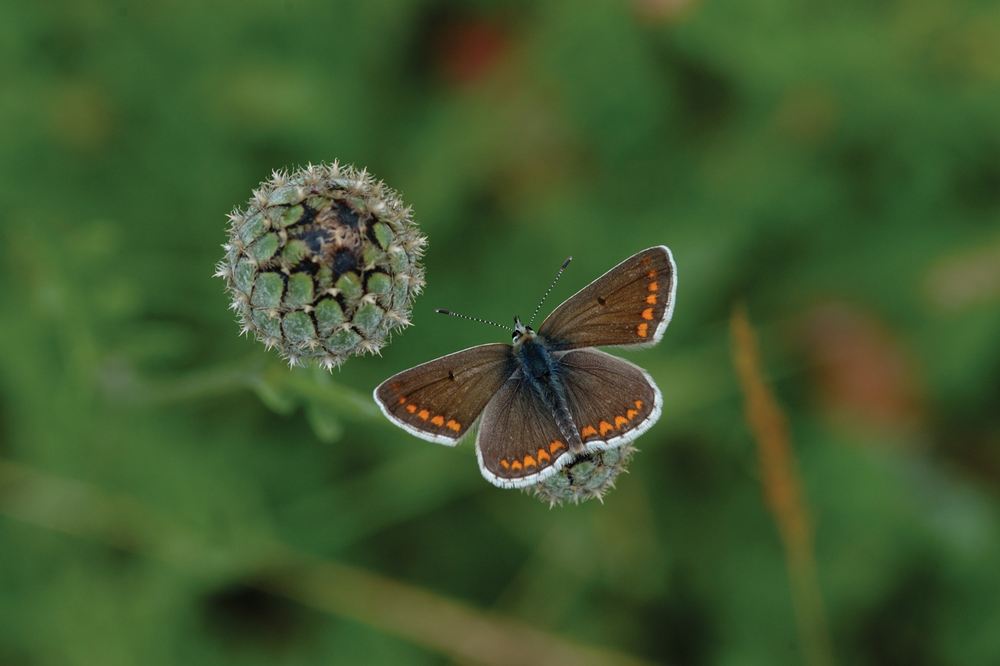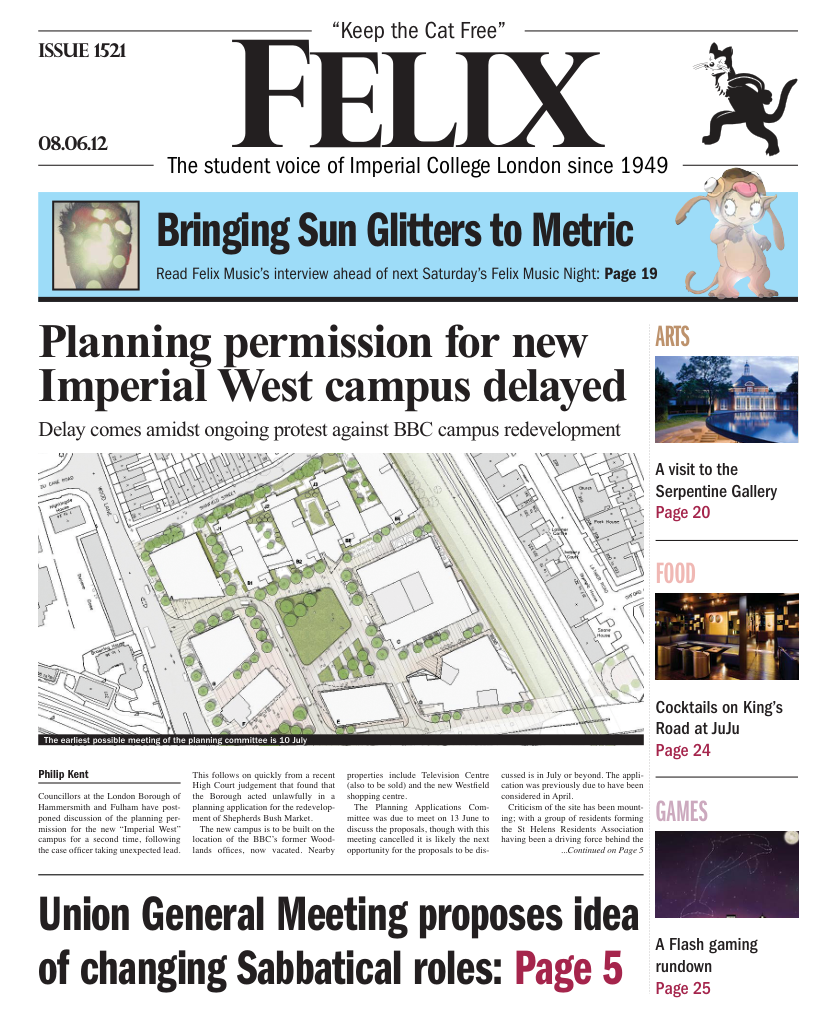Butterflies get boost from climate
Global warming is not bad for everything, it turns out

It is a truth universally acknowledged that global warming is a bad thing. Icebergs are melting, seas are rising and holidays to the Maldives may become relegated to wistful anecdotes of the iPod generation. However for species such as the Aricia agestis or Brown Argus butterfly, warmer autumns such as the one the UK experienced in 2011 are providing an opportunity for them to spread their wings and multiply.
Research at the University of York showed that rather than constraining the habitat of the butterfly, the warmer climate in recent years has changed the diet of the Brown Argus, allowing caterpillar development to take place in much more northerly locations than ever before. “While it [the Brown Argus] was previously restricted to using Rockrose, it’s now been able to incorporate Geranium species into its diet – and we don’t think its been an evolutionary switch,” says Rachel Pateman, lead author of the study. Rachel and her team believe that the butterflies have always had the capacity to complete their life cycle using the widespread Geranium species, but only when the weather is warmer. Now that climate change has increased summer temperatures, the Brown Argus can use this common species to lay their eggs in more geographically distinct areas.
The data, collected by volunteers from the UK charity Butterfly Conservation and published in the journal Science, highlights the disparity between the traditional view of climate change as a catastrophic problem and the finer details of its effects. However the authors of the study are careful to highlight that the Brown Argus is just one positive result in a plethora of data. “There’ll be winners and losers from climate change,” says Rachel Pateman. And it isn’t just other species that may be threatened from the effects of a warmer climate. The Brown Argus has only been studied in the UK so far. “We don’t know what’s going on in other parts of its range, because its distributed throughout Europe and through to North Africa, so it might be that in those places its getting too warm for it and its doing badly there,” Rachel cautions.
The issue of global warming is set to stir up interesting findings and debate in the future. While rising temperatures are good news for the Brown Argus butterfly, it is important to remember those species that may not get their day in the sun.






